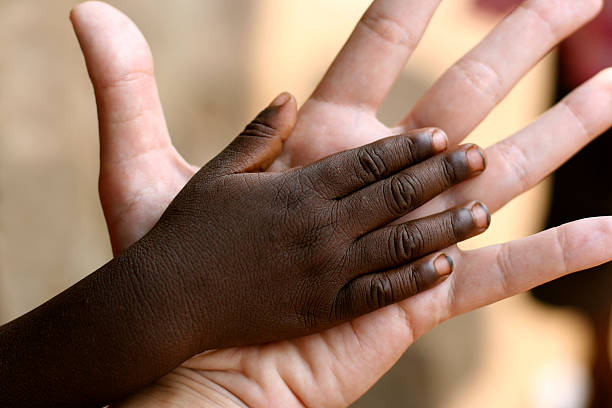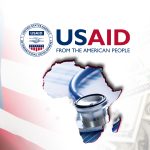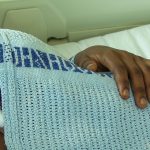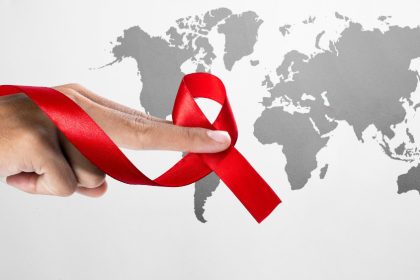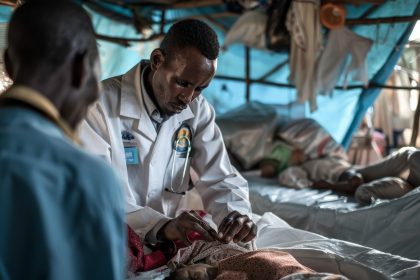PEPFAR, administered by USAID, was a tremendous success story that saw new HIV infections reduce by 78% and AIDS-related deaths reduce by 57% in Kenya
More than 98,000 orphaned and vulnerable children in five counties across Kenya have been left in limbo following the termination by the US government of several programs funded by the United States Agency for International Development (USAID).
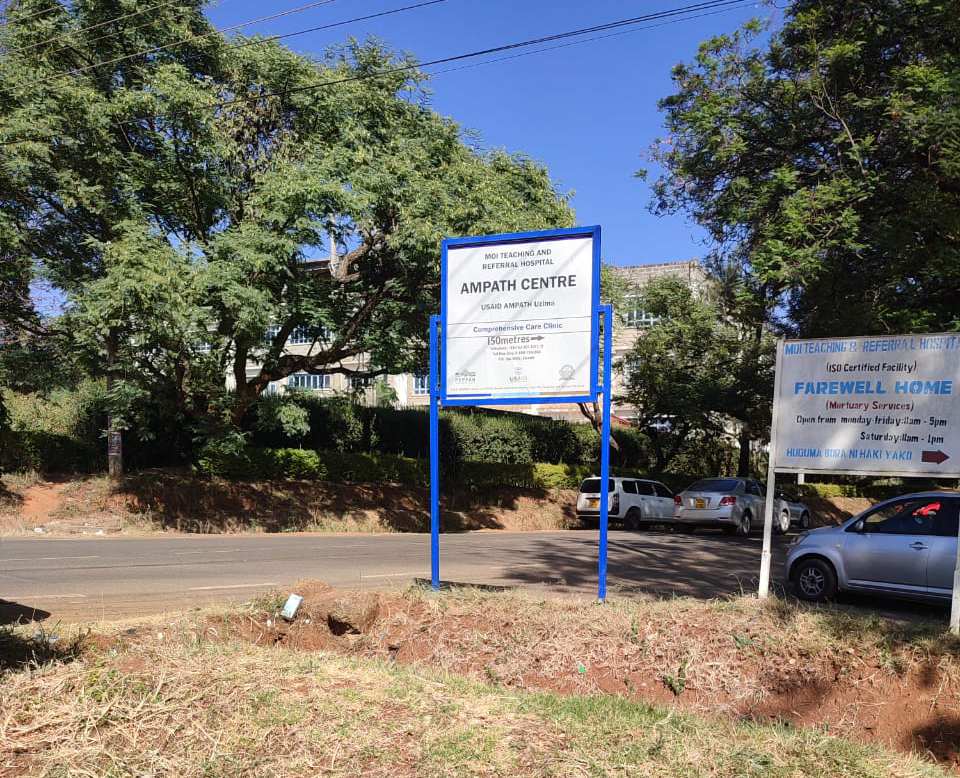
The children were receiving support through the Academic Model Providing Access to Healthcare (AMPATH) organization at Moi Teaching and Referral Hospital in Eldoret, which is largely funded by The US President’s Emergency Plan for AIDS Relief (PEPFAR).
AMPATH confirmed that “The USAID 4TheChild Program, which provided support for orphans and vulnerable children and their caregivers has received termination notices.”
The organization also confirmed receiving a termination notice for DREAMS (Determined, Resilient, Empowered, AIDS-free, Mentored and Safe), a public-private partnership focused on reducing HIV infections in adolescent girls and young women in 10 African countries.
These two are part of several Kenyan health sector programs benefitting from US-funding that have been dealt a major blow following the cancellation of foreign aid by the US government.
USAID-funded projects in African countries not in the national interest
On Thursday, February 27, USAID-funded projects in African countries, including Sudan and South Africa, received final termination letters from the US government, stating in part that “Secretary Rubio and PTDO Deputy Administrator (Peter) Marocco have determined your award is not aligned with Agency priorities and made a determination that continuing this program is not in the national interest”.
The Thursday cancellations add salt to the injuries caused to Kenya’s health sector by US President Donald Trump’s January 25 Stop-Work Order and other executive orders he issued upon his inauguration.
The January order saw the suspension of many US-funded projects for 90 days, with the aim of paving way for reviews that would align foreign aid and grants to Trump’s “America First” agenda.
The new terminations have confirmed fears that a significant number of US-funded projects cutting across the health sector, agriculture, and other community empowerment projects in Kenya will stall unless they receive alternative funding.
The communication from AMPATH released Thursday explained that PEPFAR, administered by USAID, was a tremendous success story that saw new HIV infections reduce by 78% and AIDS-related deaths reduce by 57% in Kenya.
AMPATH sent over 2,000 salaried staff and those on stipend on compulsory leave
According to the National Syndemic Disease Control Council, there are currently 1.3 million people living with HIV in Kenya.
On January 31, AMPATH sent over 2,000 of its salaried staff and those on stipend on compulsory leave in compliance with the suspension of work order. In a letter signed by AMPATH’s Chief of Party, Professor Sylvester Kimaiyo, the staff members were directed to proceed on unpaid leave on February 1.
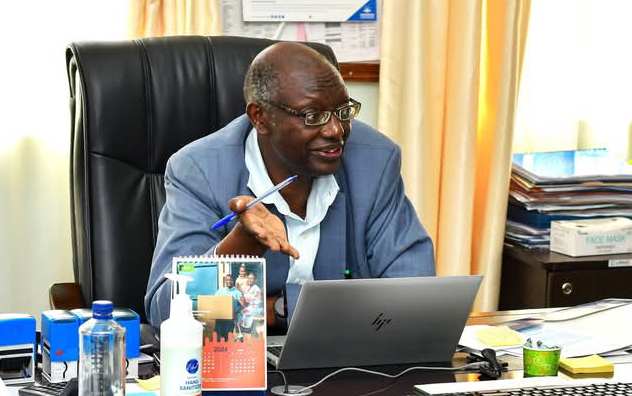
The move saw MTRH utilize the services of its staff to care for the patients ahead of the review of orders. There was, however, a relief after the US government issued a waiver on life-saving treatment and supply of drugs for people living with HIV and those prone to opportunistic diseases like Tuberculosis. The waiver saw at least 70% of the staff caring for patients living with HIV resume work.
“In accordance with a US Government waiver for PEPFAR, about 70% of AMPATH’s USAID-funded workforce is back to providing direct patient HIV care,” AMPATH stated in early February.
Kimaiyo had earlier told Willow Health that AMPATH was caring for at least 98,000 orphaned and vulnerable children in five counties.
A program officer of a governance and policy initiative funded by the USAID in the North Rift, Western Kenya, and parts of Nyanza intimated that most of his organization’s staff were sent on unpaid leave and are yet to return to work.
“It’s not about the Thursday termination notices of programs, about 30 staff members have been home since the beginning of February when the US enforced President Trump’s executive orders. Initially, the unpaid leave was for three months, but now we don’t know how this is going to turn out,” said the officer, who sought anonymity as he was not authorized to speak on behalf of the organization.
Pending hotel accommodation and conference bills which remain unpaid
He said that unlike healthcare programs that were covered by the waivers under PEPFAR, which continued to take care of life-saving HIV drugs, its organization’s activities have been on hold since February.
“Some of us who were not directly implementing health projects had to stop our projects immediately after the order was issued. Some of our colleagues implementing USAID programs had pending hotel accommodation and conference bills which remain unpaid because no further transaction was allowed,” said the officer.
He acknowledged the receipt of circulars communicating the cancellation of projects.
Before the conclusion of the 90-day suspension period and just a week after a Federal judge halted Trump’s executive order’s implementation, the US government still went ahead to terminate at least 90% of USAID programs.
According to Health Policy Watch, at least 10,000 USAID-funded projects have been terminated. These include contracts for projects including HIV, malaria, and humanitarian aid programs. This means that some programs that were spared in the PEPFAR waiver have been terminated, and it is not clear if they will be reinstated.
After the Thursday termination notices and letters were issued, Trump’s administration further confirmed it would stop funding of the joint UN Programme on HIV/AIDS (UNAIDS.)
Other programs affected are malaria prevention initiatives, the Stop TB Partnership, and Scaling Up Nutrition.
“All malaria supplies protecting 53 million people, mostly children, including mosquito nets, diagnostics, preventive drugs, and treatments – terminated,” USAID’s former assistant administrator under the Biden administration Dr Atul Gawande said.



